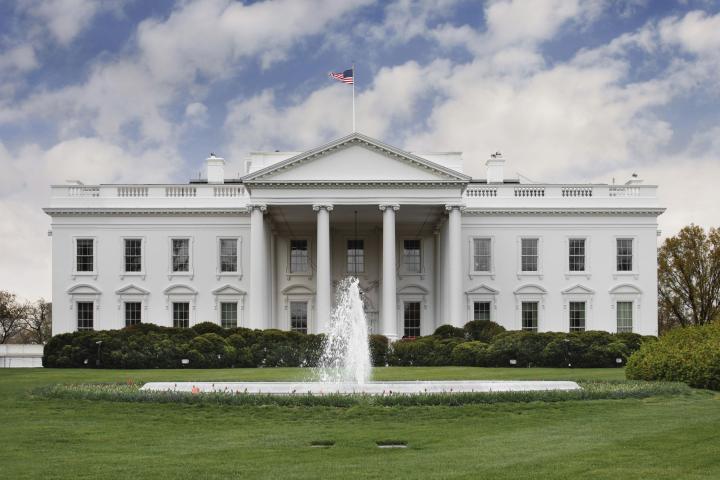
“We are actively engaged with private companies to ensure they understand the public safety and national security risks that result from malicious actors’ use of their encrypted products and services,” said White House spokesman Mark Stroh, Reuters reports. “However, the administration is not seeking legislation at this time.”
Technology companies are firmly opposed to any kind of backdoor into their encrypted systems, citing concerns about user privacy. President Barack Obama’s administration, on the other hand, has previously warned about the dangers of providing impenetrable networks for terrorist and criminal groups to make use of.
“Changing forms of Internet communication and the use of encryption are posing real challenges to the FBI’s ability to fulfill its public safety and national security missions,” said FBI Director James Comey earlier in the week at a Senate committee hearing.
Of course the various advantages and disadvantages of encryption have been debated for many years already: Leaving a security loophole for the authorities to use in their investigations not only brings up privacy issues, but also gives rogue hackers the opportunity to access the same data if they can work out the combination code.
We’ve already seen a number of high-profile hacks carried out this year, and it seems they may have been influential in convincing government officials from backing down. For now, it seems the White House isn’t going to insist on being able to break into a smartphone or email account when it thinks it has sufficient grounds to do so, though it’s unlikely that we’ve heard the last of the tug-of-war between U.S. tech firms and the authorities.


